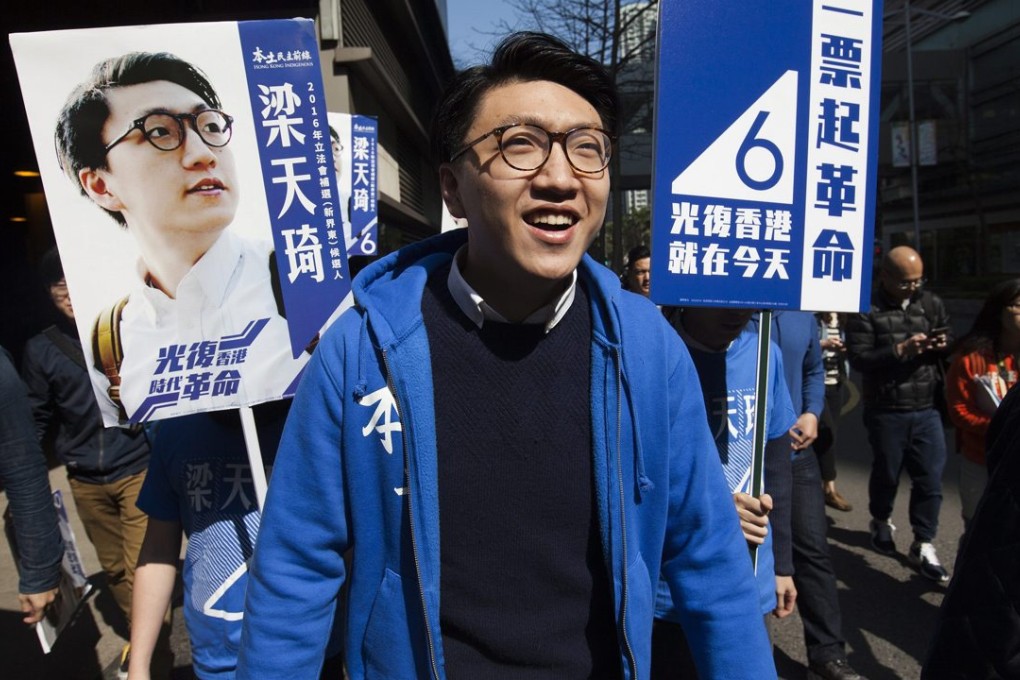It’s within Beijing’s power to halt the march of radicalism in Hong Kong
Alice Wu believes the central government should soften its attitude towards democratic aspirations and convince the people that ‘one country, two systems’ is still viable

Of course Beijing is concerned with the New Territories East by-election results. Hong Kong Indigenous candidate Edward Leung Tin-kei garnered an impressive – shocking, to some – amount of votes. Capturing a little over 15 per cent of valid votes cast in his debut campaign is no small feat. Leung himself interpreted the result as “considerable [support for] our political philosophy… and also our means of protest”.
READ MORE: Beyond the by-election: Hong Kong young people fuel rise of localism at city’s universities
The most important thing, perhaps, is that Qi sees these voters not as potential enemies of the state, but as people who used their ballot to express “discontent with the Hong Kong government and its handling of some social issues”. In Qi’s view, these people are “worried that the central government is tightening its policies on Hong Kong”, and they “think traditional pan-democrats cannot speak for them”. That seems like a sensible analysis.
READ MORE: Localism is becoming a force to be reckoned with in Hong Kong politics

Yu called for more youth engagement, which cannot be wrong. Alienating and marginalising people will only legitimise more efforts to disrupt public order. What Beijing needs to think deep and hard about is why people – including the 66,000 who voted for Leung – felt that they have “nothing to lose”. That is the sort of mentality that would make people advocate Leung’s “means of protest”, like rioting in Mong Kok. It obviously isn’t an obsession with martyrdom that propelled people to take these risks. It’s their sense of having “nothing to lose”.
Some make excuses for lawlessness because they don’t see a way out – whether we are talking about social, economic or political problems. Exasperation makes extremism appealing. And the causes of that is what Beijing needs to focus on.
Beijing made a mistake ignoring and marginalising the political middle from both the pro-establishment and pro-democracy camps, especially during the failed constitutional reform process, which exacerbated the radical shift of Hong Kong’s political landscape.